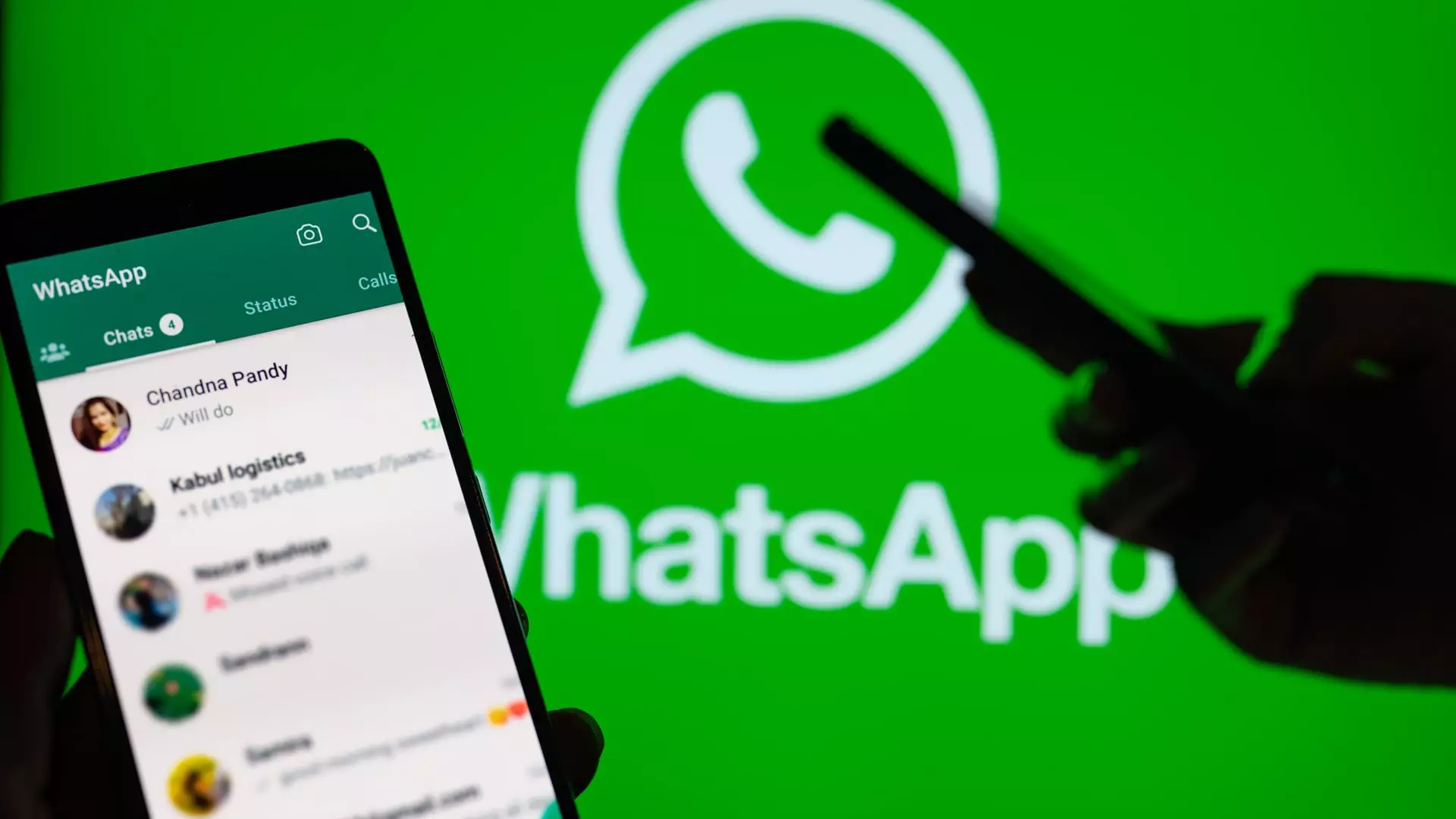Meta made an announcement on Friday, revealing that it had taken action to block a “small cluster” of WhatsApp accounts associated with an Iranian hacking group. These accounts were reportedly targeting officials connected to both President Joe Biden and former President Donald Trump. The group in question, known as APT42, has been previously identified by other tech companies like Google as an “Iranian state-sponsored cyber espionage actor.” It has a history of targeting activists, NGOs, media outlets, and various public figures.
Exploitation of Political and Diplomatic Officials
The primary aim of the Iranian hacking group’s campaign was to exploit individuals with political and diplomatic ties, as well as other public figures, including those linked to the Biden and Trump administrations. Moreover, the scheme extended beyond U.S. borders, with targets in Israel, Palestine, Iran, and the U.K. The timing of these activities, just months before the upcoming November election, has put Meta and its platforms under increased scrutiny due to concerns about potential manipulation and interference.
Meta reassured users that there is no evidence to suggest that any WhatsApp accounts were actually compromised as a result of these fraudulent activities. The company’s security team was able to identify the involvement of APT42 by analyzing suspicious messages reported by some users. These messages posed as technical support for various internet services like AOL, Google, Yahoo, and Microsoft. Meta has since shared more information with law enforcement agencies and industry partners to address the issue.
This incident is not an isolated one, as similar threats have been identified in the past targeting political campaigns and high-profile individuals. The Trump campaign reported a breach by a foreign actor, while Microsoft uncovered several Iranian hacking groups attempting to influence the U.S. presidential election. A group associated with APT42 was found to have sent spear phishing emails to a presidential campaign official. In 2019, Microsoft also identified Iranian hackers targeting a U.S. presidential campaign and government officials.


Leave a Reply